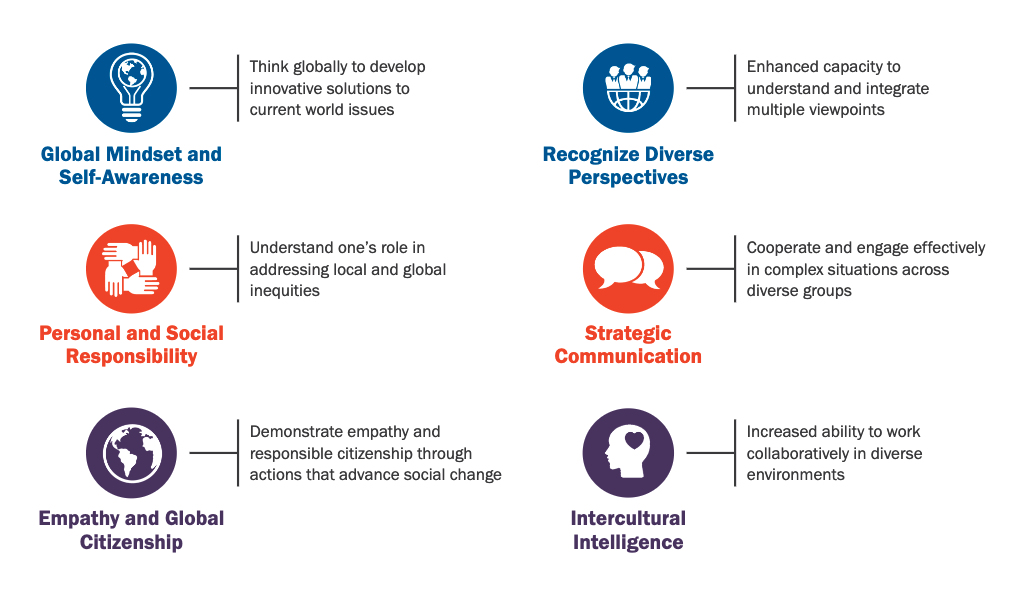Program Learning Outcomes and Curriculum
Your program curriculum is designed to ensure graduates acquire the essential skills, knowledge, and attitudes appropriate and relevant to both the needs of students and employers.
Program Vocational Learning Outcomes
Program vocational learning outcomes describe what graduates of the program have demonstrated they can do with the knowledge and skills they have achieved during their studies. The outcomes are closely tied to the needs of the workplace. Through assessment (e.g., assignments and tests), students verify their ability to reliably perform these outcomes before graduating.
The program vocational learning outcomes for this program are
- Communicate information effectively, credibly, and accurately by analyzing, interpreting, and producing electrical and electronics drawings and other related documents and graphics.
- Apply the principles of mathematics and science to analyze and solve technical problems related to electronics and computer engineering.
- Select and use a variety of troubleshooting techniques and test equipment to assess electronics circuits, equipment, systems and subsystems.
- Design, build, and troubleshoot working prototypes of electronic circuits, equipment, systems, and subsystems to meet job requirements, functional specifications and relevant standards.
- Modify, maintain and repair electronics equipment and systems to ensure that they function properly.
- Select for purchase electronics equipment, components, and systems that fulfill the job requirements and functional specifications.
- Design, analyze and troubleshoot logic and digital circuits.
- Design, analyze and troubleshoot passive AC and DC circuits.
- Design, analyze and troubleshoot active circuits.
- Design, analyze and troubleshoot microprocessor-based systems.
- Design, analyze and troubleshoot control systems.
- Design, analyze and troubleshoot communication systems.
- Develop and use computer programs to support electronics engineering.
- Apply knowledge of basic shop practices to electronics engineering workplaces.
- Assist in the specifying, coordinating and conducting of quality control and quality assurance programs and procedures.
- Prepare and maintain records and documentation.
- Complete all work in compliance with relevant law, policies, procedures, regulations and ethical principles.
- Participate in the installing, configuring, modifying, troubleshooting, and maintaining a variety of architecture of computer systems and networks to meet user requirements.
- Monitor and operate workplace biomedical equipment safely and take responsible decisions to prevent mishaps and handle hazardous situations in compliance with industry standards and regulations.
- Use fundamental understanding of anatomy, physiology and biochemistry principles to analyze and evaluate technologies used in the biomedical field.
- Apply all aspects of safety standards and infection control to a typical biomedical environment in both a hospital and laboratory setting.
- Analyze, evaluate, calibrate, maintain and troubleshoot biomedical devices and measuring equipment.
- Analyze, maintain and troubleshoot basic photonic biomedical instrumentation focusing on the use of lasers in medical applications.
- Repair and maintain dialysis and water treatment equipment enforcing the appropriate government standards where applicable.
- Participate in the commissioning of medical imaging systems, including troubleshooting, maintaining and ensuring compliance to safety standards.
- Manage inventory and schedule regular maintenance of material, equipment and machinery used in the biomedical field.
- Research and access sources of technical information using appropriate methods for theoretical research, practical or applied research, and comprehensive literature review.
Essential Employability Skills Outcomes
Essential Employable Skills (EES) are skills that, regardless of a student’s program or discipline, are critical for success in the workplace, in day-to-day living, and for lifelong learning. Graduates will reliably demonstrate abilities in six skill categories:
Global Citizenship and Equity Learning Outcomes
There are six Global Citizenship and Equity (GCE) learning outcomes integrated into Diploma and Advanced Diploma programs as a component of Centennial’s Signature Learning Experience (SLE). The SLE reflects the College’s promise to provide students with a distinctive and inclusive educational experience that builds on a foundation of global citizenship, equity, and social justice. Certificate and Graduate Certificates also include at least two GCE learning outcomes. The GCE learning outcomes are:
- Identify one’s role and responsibilities as a global citizen in personal and professional life.
- Identify beliefs, values and behaviours that form individual and community identities and the basis for respectful relationships.
- Analyze issues of equity at the personal, professional, and global level.
- Analyze the use of the world’s resources to achieve sustainability and equitable distribution at the personal, professional, and global level.
- Identify and challenge unjust practices in local and global systems.
- Support personal and social responsibility initiatives at the local, national, and global level.
Global Citizenship and Equity Portfolio
As a component of the SLE, Diploma and Advanced Diploma program students will complete the Global Citizenship and Equity (GCE) Portfolio. Building the GCE Portfolio is a process of documenting your GCE learning. Each item selected for inclusion in the portfolio demonstrates growth and understanding of Global Citizenship and Equity within your program of study.

Global Skills Portfolio
Students are encouraged to develop their Global Skills Portfolio beginning in their first semester. You will add artifacts from coursework and accompanying reflections as well as artifacts arising from co-curricular activities, volunteering, etc. to your portfolio as you progress through the program. You are encouraged to develop an online professional portfolio presence through LinkedIn and/or other personal websites/blogs.

